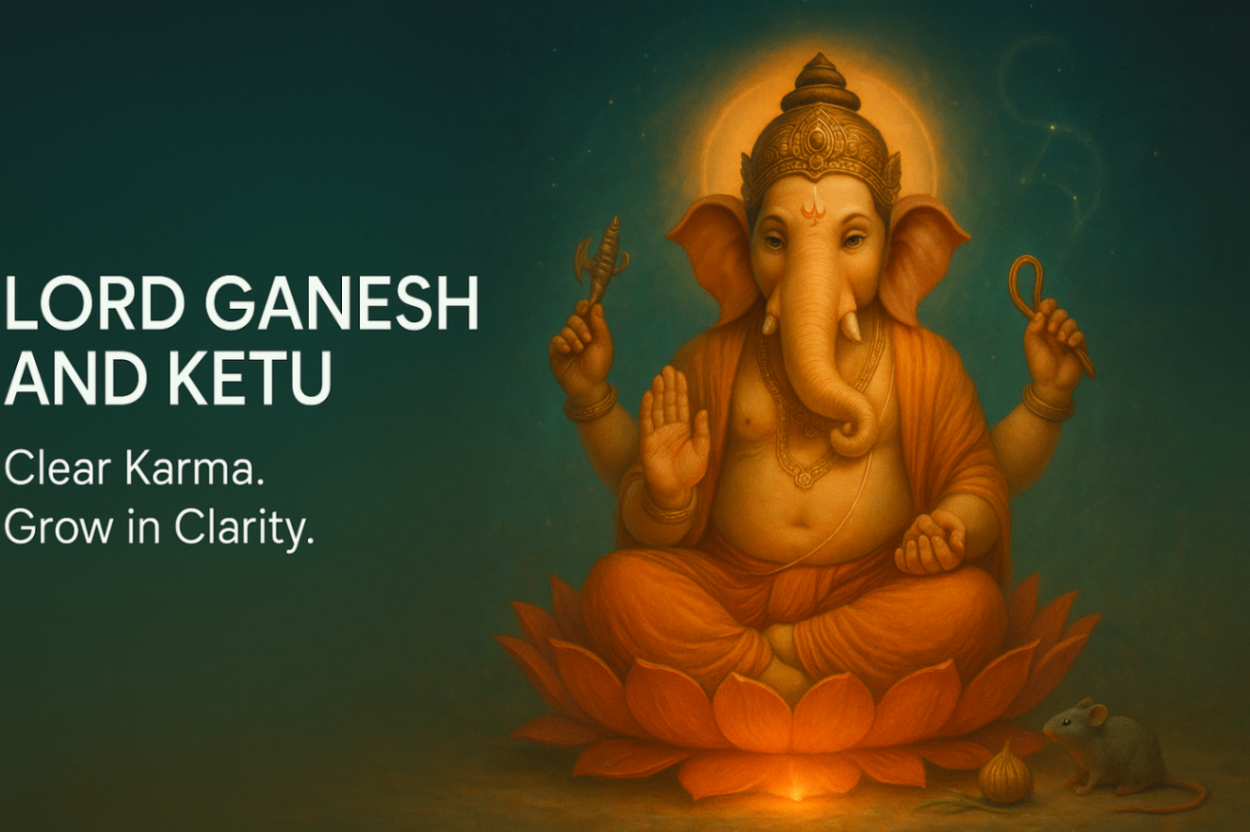Vashikaran Mantras, often associated with ancient Vedic astrology, are spiritual chants believed to possess the power to influence or control someones mind and emotions. These mantras are deeply rooted in the Indian mystic traditions, and their usage spans various aspects of life, including love, relationships, and success in endeavors. This article explores the concept of Vashikaran Mantras, unveiling some interesting facts and real-life examples that highlight their significance and impact.
Understanding Vashikaran Mantras
Vashikaran Mantras are a segment of the Vedic astrology system, a science that dates back thousands of years. These mantras are said to be potent vibrations that can attract and influence others, bringing them under ones favorable influence. The term Vashikaran itself is derived from Sanskrit words Vashi meaning to attract or enchant, and Karan, indicating the method or technique.
The Ethical Aspect
An interesting fact about Vashikaran Mantras is their ethical boundary. Authentic practitioners and texts emphasize the moral use of these mantras. They are intended for the welfare of individuals and relationships, rather than for selfish or malicious purposes. Misuse of these mantras is believed to bring negative karma to the practitioner.
Vashikaran in Real Life
Several anecdotes and stories, found in ancient scriptures and modern experiences, testify to the efficacy of Vashikaran Mantras. One such example is the story of a businessman who, facing immense financial difficulties and loss in business, resorted to specific mantras on the advice of a spiritual guru. Within months, not only did his business start recovering, but he also found improved relationships with his clients and family, attributing this change to the positive energies attracted by the mantras.
Scientific Perspective
From a scientific standpoint, the effects of chanting or listening to mantras, including Vashikaran Mantras, can be associated with the concept of resonance and the power of suggestion. The repetitive sounds and vibrations can have a calming effect on the mind, reducing stress and potentially making an individual more receptive and positively inclined towards others. This aspect bridges the ancient mystical practices with modern psychological understanding.
The Art of Practicing Vashikaran
Practicing Vashikaran requires more than just reciting mantras. It involves a deep understanding of the mantras, the intent behind their use, and adherence to specific rituals and timings. Certain mantras are said to be more potent when chanted at specific times of the day or during particular astrological alignments. Moreover, the purity of the practitioners heart and their dedication to the welfare of others play a crucial role in the mantras efficacy.
Conclusion
Vashikaran Mantras, with their roots in ancient Vedic astrology, present a fascinating blend of mysticism, ethics, and the power of sound. While they continue to be a subject of intrigue and practice, their ethical use for the betterment of life and relationships remains paramount. Whether viewed from a spiritual, psychological, or scientific perspective, the influence of these mantras on human consciousness and relationships underscores the profound impact of ancient wisdom on modern life.
Real-life Example
Consider the case of Amit (name changed for privacy), a young professional who struggled with low self-esteem and difficulty in forming personal relationships. Under guidance, Amit began practicing specific mantras aimed at self-love and attracting positive relationships. Over several months, Amit reported a significant boost in confidence and found himself forming meaningful connections with ease. This transformation highlights the mantras role in focusing the mind and attracting positive energy, demonstrating the practical application and benefits of these chants in contemporary scenarios.
The practice of Vashikaran, like any potent tool, carries the risk of misuse. When wielded with impure intentions, not only does it falter in achieving its desired outcome, but it also ensnares the practitioner in a web of negative karma. Here are a couple of illustrative examples detailing the misuse of Vashikaran Mantras and the adverse consequences that followed.
Example 1: The Tale of a Jealous Competitor
In a small town, a businessman, referred to here as Mr. A, envious of his competitors success, sought to undermine him through Vashikaran Mantras. His intent was to sway the competitors loyal customers and suppliers towards his own business. Ignoring the ethical guidelines, Mr. A consulted a practitioner who promised quick results without consideration for the moral implications.
Consequences: Initially, Mr. A observed a slight increase in his business. However, this was short-lived. Soon, his own trusted employees and clients began to distance themselves, sensing the negativity surrounding him. His reputation suffered, and the business faced more significant losses than before. The mental peace of Mr. A deteriorated as he dealt with the fallout, realizing too late that the negative energy he intended to direct towards his competitor had, in fact, boomeranged onto him, manifesting as a series of personal and professional misfortunes.
Example 2: Misguided Love and Obsession
Another case involves Ms. B, who, driven by unrequited love, attempted to use Vashikaran Mantras to make a specific individual, Mr. C, reciprocate her feelings. Her intentions, fueled by obsession rather than genuine love, led her to forcefully try to change Mr. Cs free will.
Consequences: Instead of bringing Mr. C closer, Ms. B found herself increasingly isolated. Friends and family grew distant, uncomfortable with her actions and the intense negativity her obsession generated. Mr. C himself became wary and cut off all contact, leaving Ms. B alone and filled with regret. The psychological toll on Ms. B was immense. She faced a deep, personal crisis, realizing the harm of trying to control anothers will. Her misuse of the mantras brought her the opposite of what she sought: loneliness, a tarnished social image, and a lesson in the harsh realities of karma.
The Moral of the Stories
These examples underscore a critical aspect of practicing ancient spiritual techniques: the law of karma, which holds that every action has a corresponding reaction. Misuse of Vashikaran Mantras, driven by selfish desires, greed, jealousy, or obsession, inevitably leads to adverse outcomes. The practitioner becomes entangled in the negative energy they sought to direct towards others, experiencing a downfall marked by loss, isolation, and a range of personal crises.
Conclusion
The practice of Vashikaran, and indeed any spiritual or mystical practice, demands respect, purity of intent, and adherence to ethical guidelines. Misuse of such powerful tools not only fails to bring the desired results but also contributes to the practitioners karmic burden, leading to a cycle of negativity and misfortune that can be hard to break. These tales serve as cautionary reminders of the universal principle that we reap what we sow.
In a narrative that resonates deeply with the perils of misusing spiritual powers for selfish ends, the Bollywood movie Shaitaan (Devil) vividly portrays the dark descent of an individual obsessed with becoming the most powerful entity on Earth. This chilling tale follows the devil as he targets a young girl, the last of the 108 girls he aimed to possess as part of a malevolent ritual. Through manipulation and terror, he coerces the girl into inflicting harm upon her own family, hoping her parents would surrender her to fulfill his nefarious pact. The devils grand plan involved sacrificing these 108 girls in a fire to appease a dark deity, believing this act would grant him unparalleled power.
Consequences: The story climaxes with the community rallying against this evil, preventing the final act of sacrifice. The devil, on the verge of achieving his twisted goal, is apprehended and faces a grim punishment—imprisonment and the cutting of his tongue, silencing his malevolent chants forever.
Reflecting on the Moral
This story serves as a grave caution against the hazardous path of those seeking to exploit spiritual forces for personal gain. Shaitaan delves deep into human obsessions and the quest for power, highlighting the inevitable downfall that follows the misuse of mystical knowledge, specifically focusing on the perilous misuse of Vashikaran.
The pursuit of power, depicted through the manipulation of sacred mantras in Shaitaan, underlines a critical moral lesson. Engaging with spiritual practices like Vashikaran, which is meant to influence or attract others (kisi ko apne vash mein kaise karen), demands respect, pure intentions, and a commitment to ethical guidelines. Misusing such powerful tools, whether for causing harm to others or for personal domination, invites dire consequences. The narrative effectively shows how dur se vashikaran mantra and attempts to control others will (kisi ko vash me kaise kare) for selfish motives lead to a cycle of karmic retribution.
Conclusion
The essence of Vashikaran kya hota hai and the ethical use of these mantras is a testament to the ancient wisdom that emphasizes the law of karma: every action has a corresponding reaction. Misuse of these spiritual chants, driven by motives such as greed, jealousy, or obsession (kisi ko vash mein kaise karen), inevitably results in adverse outcomes. Those who venture down this path, as vividly depicted in Shaitaan, find themselves ensnared in the negative energies they sought to wield against others, facing isolation, loss, and personal crises. This narrative, though fictional, mirrors the real-life consequences faced by individuals who stray from the path of righteousness, reminding us of the timeless adage: With great power comes great responsibility. Utilizing spiritual gifts for selfish ends not only leads to moral and ethical insolvency but also traps the practitioner in a karmic loop, challenging to escape.

































